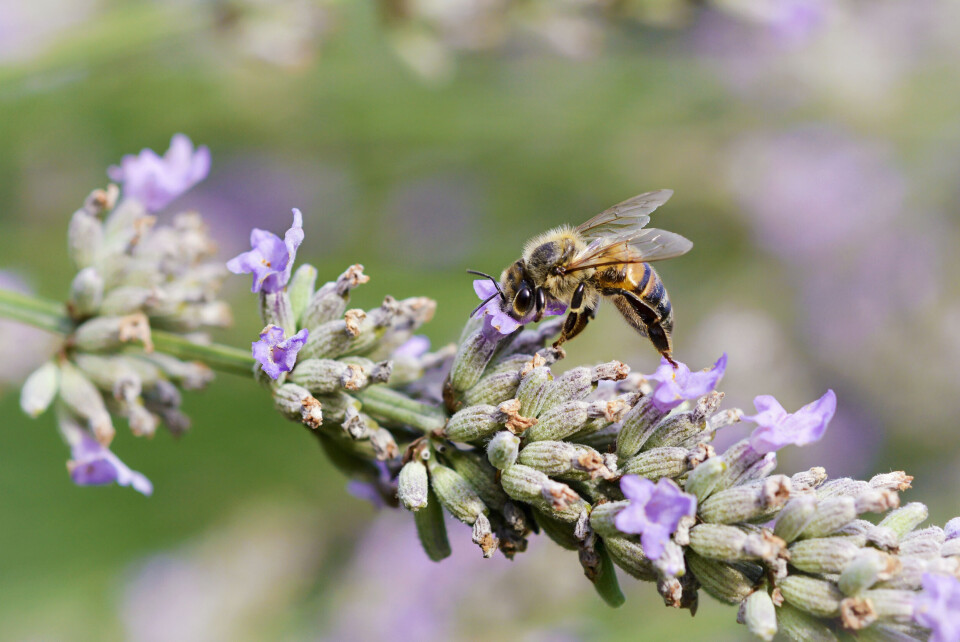-
Reaction to François Hollande's call for France to create refugee status for US researchers
Former president lends support to scheme for scientists reportedly 'forced into exile' by the Trump administration
-
Ballet lessons bring health benefits to over-55s in France
Online classes with the Silver Swans are transforming lives of older adults
-
Profile: Dorothée - France's beloved TV icon and screen mum
Profile of the singer, actress and TV presenter who captivated millions of schoolchildren
Research and ruches: Paris librarian bringing bees to University
To work with bees, people have to learn to be calm, to work in a group, to notice the mood of the beehive, to think of how their actions affect others, to remain flexible, and to work with people from other disciplines

Officially, Marie Philémon Camus works at Université Paris 8 as a librarian, but she also runs a course about looking after bees. She is a keen amateur beekeeper and offers the sessions as part of the ‘So Skilled’ initiative, which aims to develop skills such as learning to operate in a group, the art of compromise, listening, and being aware of others’ well-being.
“When I came up with the idea, the university was immediately supportive,” says Marie Philémon Camus. “They paid for the hives and made space available. It doesn’t cost much to keep them; a small amount of sugar syrup and traps for Asian hornets.”
She has only installed three beehives at the university because cities are home to many different species of wild bees, many of which are dependent on very specific flowers for survival. Introducing too many domestic bees can result in food shortages and damage biodiversity. “Limited access to a good variety of plants is why bees make less honey in cities than in the countryside.”
Read more: French honey-maker and fourth generation beekeeper shares skills
She says she is amazed at how people contact her with ideas for projects connected to the bees. “It’s quite magical. Suggestions have included research into the history of keeping bees for honey, geography projects, art, music, videos... all sorts of creative ideas are triggered by having the beehives here.”
Originally, there were three aims. The first was to highlight ecological concerns, the second was to federate the university’s students and lecturers plus building community around the bees with workshops, visits to the ruches; and harvesting the honey in early July, and the third was to offer a resource that could be useful to researchers, film-makers, and others.
“Musicology students, artists, people working with wax, or others such as communication with adolescents. It’s interesting because the bees have become part of the university. People bring seeds and suggest planting them around the campus for the bees.”
“I think that having the beehives here changed the image of the university and makes it more approachable.”
Students have to wear protective clothing and headgear, which breaks down barriers between them. “People help light the smoker, for instance. It’s also a different rhythm; making honey is slow, working with bees takes time. Students are often amazed to find they’ve spent two hours with the hives.”
Best of all, she says, the skills learned working with bees are transferable and can be added to a CV.
Related links
France beekeeping: are there rules for installing a hive in my garden?
‘No stings yet!’: Feedback from beekeeping beginners in France
How to harvest your own sweet honey in France
























